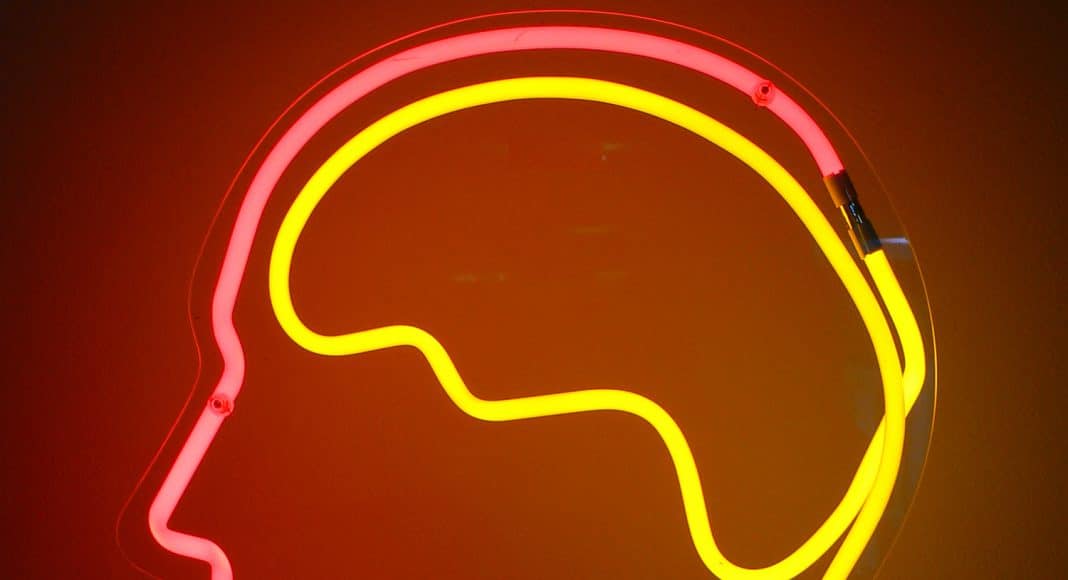A first of its kind study, shows that THC can reverse buildup in the brain and reduce inflammation, factors that are associated with Alzheimer’s disease.
A first of its kind study, by the Salk Institute, shows that THC can reverse toxic plaque buildup in the brain and reduce inflammation, factors that are associated with Alzheimer’s disease.
The paper appears in the June 2016 issue of the upliftingly titled Aging and Mechanisms of Disease. Its senior author, David Schubert, is a 45-year veteran of Alzheimer’s research who has focused on the healing potential of natural products. And while his latest report ends with cannabis, it began at a very different—though no less aromatic—starting point: curry.
Schubert had observed that Alzheimer’s rates in India are unusually low, so he played a hunch that diet had something to do with it. Eventually his research turned to a synthetic drug named J147, which is derived in part from an turmeric, the major ingredient in curry powder.
In laboratory studies, J147 helped removed plaque;-forming amyloid beta proteins from brain cells and lowered inflammation, both of which resulted in less cell death. To his surprise, Schubert discovered that J147 was operating through the brain’s pathway of CB1 receptors—cells that normally respond to endocannabinoids, naturally occurring chemicals similar to the active ingredients of marijuana.
So Schubert and his team repeated essentially the same experiment, but substituting the souped-up turmeric with a number of cannabinoids. While most had some protective effect, THC was found to be the best at removing p beta amyloids before they got a foothold on the neurons. Moreover, THC completely prevented the production of eicosanoids—don’t zone out yet, we’ve almost run out of jargon—which are believed to cause the inflammation that, while meant to protect the brain cells from encasing proteins, may end up killing them over time.
It was already known that the CB1 receptors played some role in combating Alzheimer’s. Exercise, for example, both stimulates CB1 receptors and also slows the progress of the disease. Schubert’s findings might just have supplied molecular evidence that links the two.
Says Prof. Schubert, “We believe our study is the first to demonstrate that cannabinoids affect both inflammation and amyloid beta accumulation in nerve cells.”


